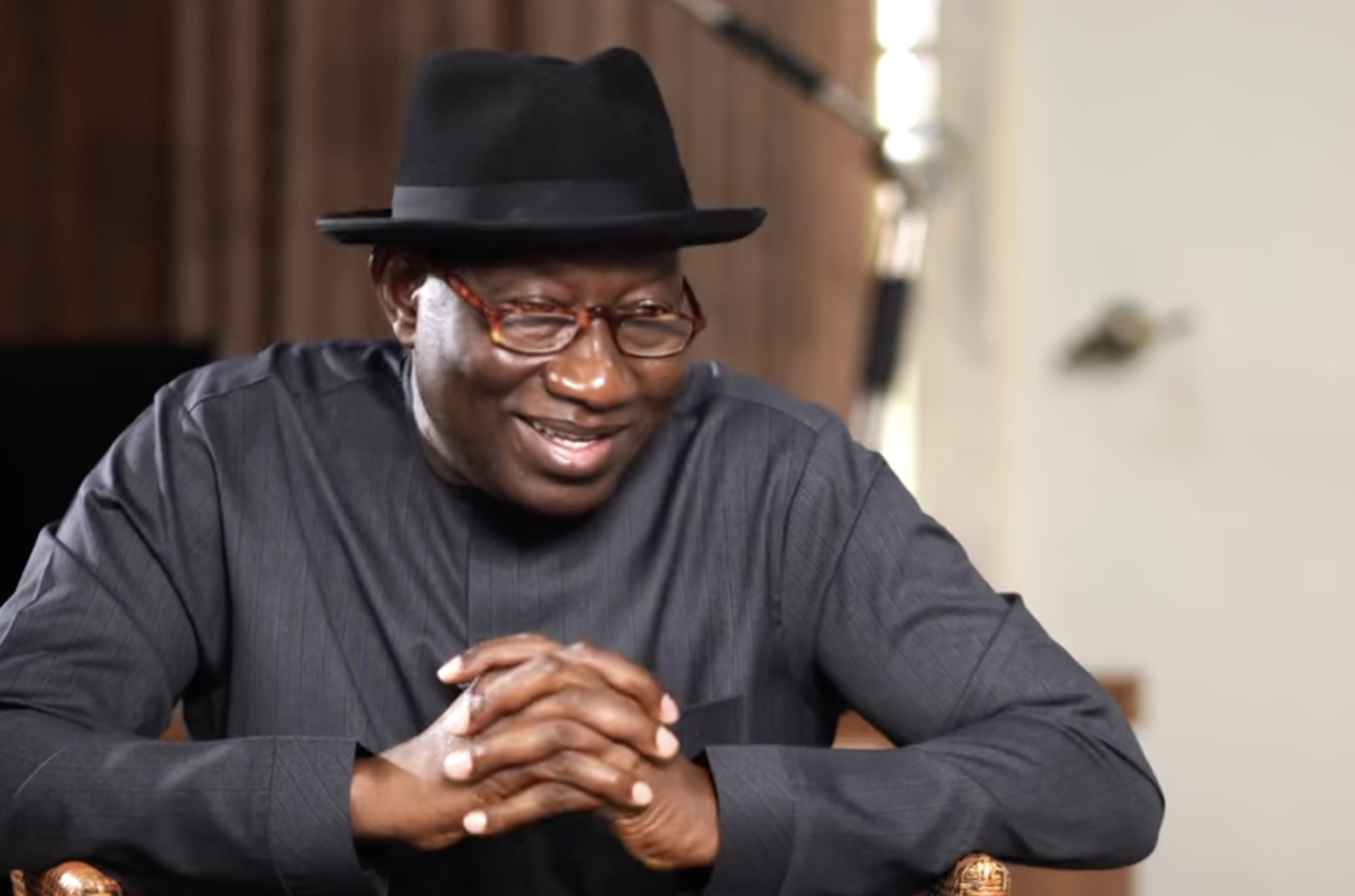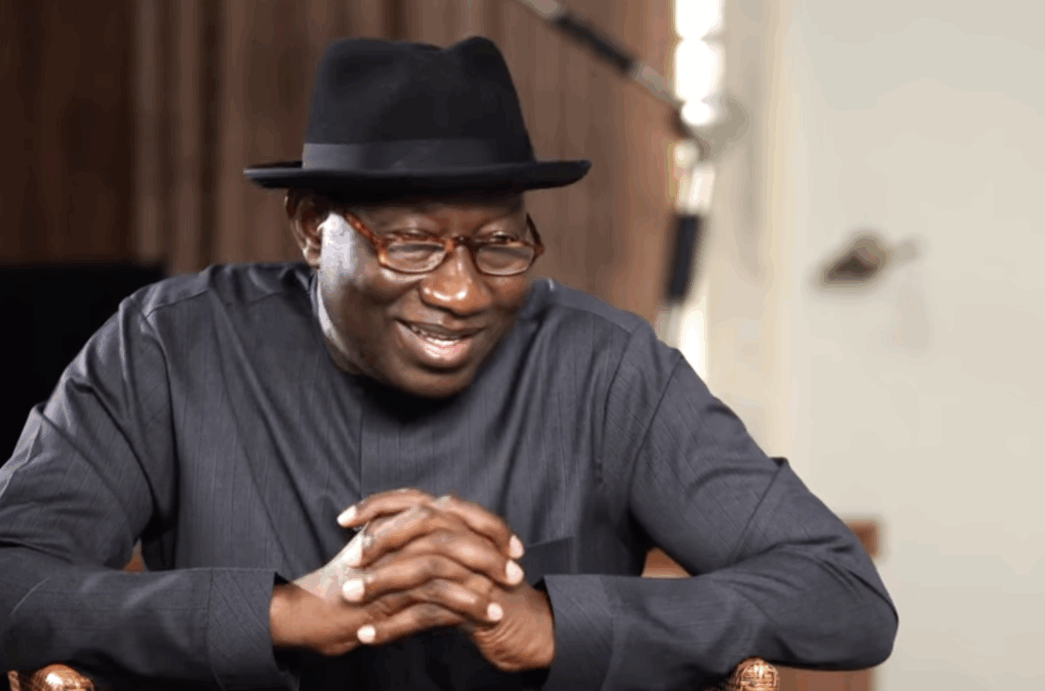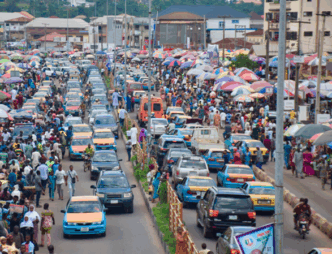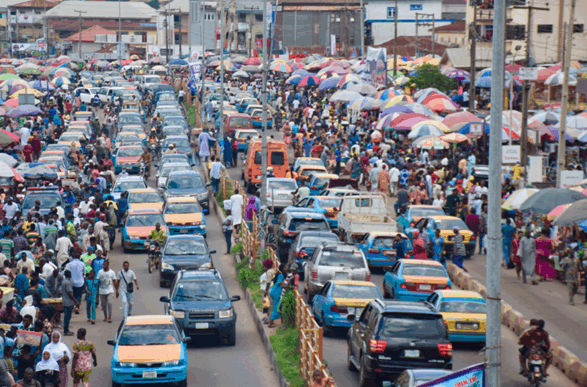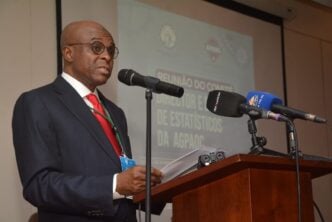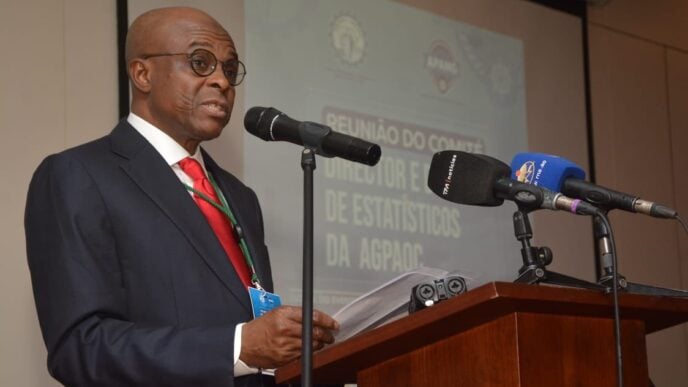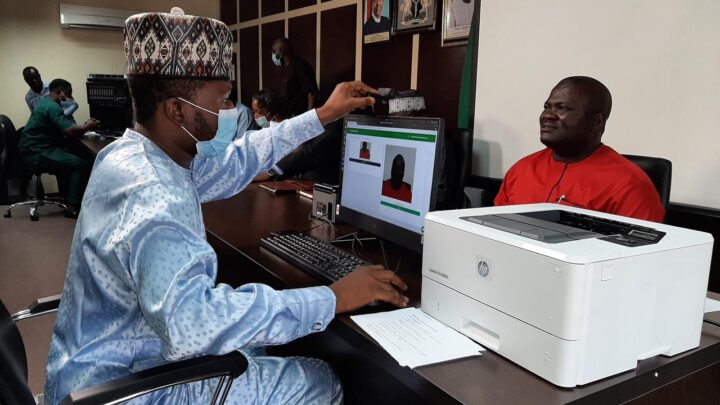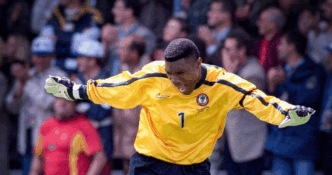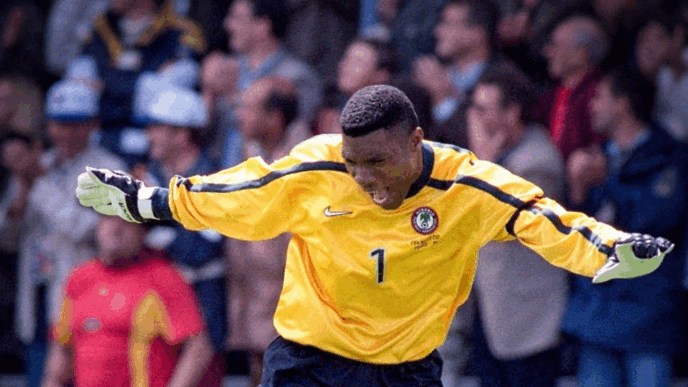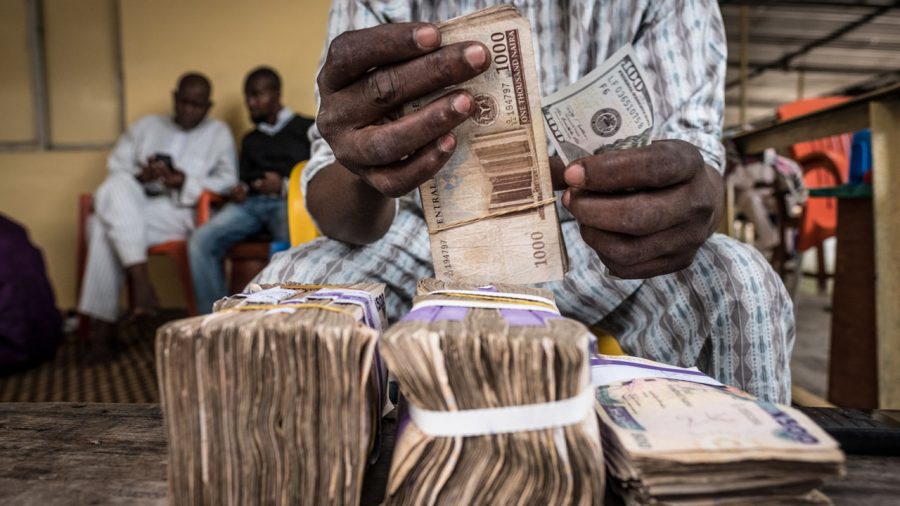BY NNAA KALU NTO
When whispers of Goodluck Jonathan’s return began circulating this year, Nigerians felt a mix of nostalgia, hope, and relief. Here is a man who once declared, “my ambition is not worth the blood of any Nigerian,” suddenly emerging as a prayer the country desperately needs; an antidote to an administration that has left citizens hungry, indebted, afraid and frustrated, hence proving once again the Nigerian proverb, “the firewood rejected at sunrise may be the only one left at sunset”.
The truth is brutal: under Bola Ahmed Tinubu, life in Nigeria has become a trial by fire. Inflation bites, insecurity remains pervasive, food prices soar, the naira stumbles daily, and less than 30% of the 2025 budget has been implemented as we enter the second half of the year. Nigerians with the means are leaving the country in droves. Citizens are asking: Where has all the money saved from fuel subsidy removals gone? The debt continues to rise, but the people are poorer than ever.
The Legitimacy Question
Advertisement
Jonathan remains eligible for another term, despite critics’ attempts to rewrite history. Legally, he has only won one full term in 2011, and the courts leave a narrow, clear path. More importantly, Nigerians are no longer looking at technicalities; they want a leader who delivers stability, security, and economic relief.
Unlike Tinubu, who consolidates power for personal and sectional advantage, Jonathan is the caretaker the country needs. A one-term promise, a guarantee of rotation, and the humility of a man who puts national interest above personal ambition: this is the prayer Nigerians are yearning for.
The PDP: A Platform for Redemption
Advertisement
Yes, the PDP still wrestles with internal fractures. Titans like Seyi Makinde and Nyesom Wike could make consensus challenging. However, Jonathan’s stature, patience, and experience make him the unifying figure the party desperately needs. Ordinary Nigerians are paying the price of an administration (from the Buhari era till date) that mismanages public funds, inflates debt, and leaves basic services in shambles. The real question is painfully simple: Can a Tinubu government, failing at almost every measure, continue for another term without collapse? The answer is painfully obvious. Ordinary Nigerians feel abandoned. Many Nigerians have become their own local governments, providing their own security and basic amenities like power and water.
The Northern Gamble
Historically hostile to Jonathan, the North now faces frustration like never before. Farmer-herder clashes, banditry, terrorism, wanton kidnapping and economic despair have eroded the APC’s grip. Jonathan’s entry points are clear:
The One-Term Promise: Support me now, and power reverts to you in 2031. A short-term stabiliser is far more appealing than a lifetime of Tinubu-style politics.
Advertisement
The Statesman Card: Jonathan returns as a global mediator, a peacemaker, a man who can bring calm and security back to communities ravaged by insecurity and neglect.
Winning the north won’t be a walk in the park, but with Obi splitting the opposition and northern elites wary of Tinubu’s successor strategy, Jonathan becomes the safe compromise.
North-Central: The Decider Zone?
If Jonathan pulls off an upset, the North-Central will be the pivot. This region (Benue, Plateau, Nasarawa, Kogi, Niger, Kwara, and the FCT) is restless. Tinubu’s APC is bleeding ground, Atiku’s influence is splintered, and Obi’s wave in Plateau, FCT, and Benue has begun to ebb.
Advertisement
Jonathan could exploit his Christian background in Plateau and Benue, push reconciliation in Nasarawa and Niger, and almost certainly secure the FCT, where Abuja elites adore his gentlemanly brand. Kogi remains unpredictable, thanks to Yahaya Bello’s lingering influence and the state’s volatile politics. Kwara, despite its Ó Tó Gẹ́ (Enough is enough) sentiment, may lean toward Jonathan in a tight three-way contest. The north-central could very well deliver the kingmaker votes.
South-South & South-East: Home Advantage
Advertisement
Here, Jonathan is in his element. The south-south will not abandon its son. The south-east still carries a soft spot for him, though Obi complicates matters. Although with clever negotiation, Jonathan could position himself as the bridge candidate, appealing to both Igbo marginalisation and Niger Delta grievances.
A united south-south/south-east bloc gives him an unshakable foundation.
Advertisement
The South-West Problem
Jonathan’s Achilles heel is the South-West. Tinubu is more than a politician here; he’s a symbol of Yoruba ascendancy. Breaking that hold is near impossible. Jonathan’s best hope is in Lagos, Osun, and Oyo, where disillusioned youths and non-APC loyalists could carve out pockets of resistance.
Advertisement
Head-to-Head Battles
Jonathan vs. Tinubu
Tinubu talks “Renewed Hope,” but hope cannot feed children, pay bills, stabilise the naira, or restore faith in governance. Hardship under Tinubu speaks louder than slogans. Goodluck Jonathan and Bola Tinubu present contrasting leadership profiles. Jonathan is known for a calm, conciliatory style, a proven record of economic growth (2011–2015), and a focus on stability and peace-making, while Tinubu is a strategic, politically assertive leader with decades of influence and party-building prowess but faces criticism over economic hardships, partial budget execution, and perceived elitism. In a credible, people-driven election, voters would weigh Jonathan’s track record of measured governance and stability against Tinubu’s political acumen and current performance.
Jonathan vs. Atiku
Atiku, the Waziri of Adamawa, has chased the presidency since the 1990s, like a man chasing a goat that keeps slipping through the gate. Jonathan, by contrast, stumbled into power and left as a statesman.
Jonathan offers proven stability, economic growth, and measured governance from his 2011–2015 presidency, while Atiku brings political experience and persistence but faces criticism for repeated bids and perceived self-interest. In 2027, voters seeking tangible results and tested leadership may view Jonathan’s track record as the more compelling choice.
Jonathan vs. Obi
Peter Obi offers technocratic efficiency, fiscal prudence, and a strong appeal among youth, civil servants, the diaspora and urban elites. In a free and fair election, Jonathan’s proven experience at the federal level could outweigh Obi’s regional and demographic popularity. But Obi is pragmatic. If the numbers in 2026 show Jonathan is the only man who can unseat Tinubu, Obi could cut a deal. In Igbo wisdom: “If a child washes his hands clean, he eats with elders.” In that scenario, Jonathan sweeps the South-South, co-opts the South-East, and with a strong northern Vice President (say Kwankwaso), penetrates the North-Central and even parts of the North-West.
What Jonathan Must Offer to Win 2027
Nigerians are struggling. Inflation bites, food prices are skyrocketing, fuel is costly, and the naira continues to wobble. Every day, ordinary citizens feel the pinch, and trust in government is low. To sway voters, Jonathan cannot rely on nostalgia or promises alone; he must offer tangible, pragmatic solutions that directly improve people’s lives.
Economic Relief and Stability:
Roll out targeted interventions to bring down the cost of essential goods.
Ensure transparency in budget spending and subsidy savings.
Promote policies that stabilise the naira and control inflation.
Security and Peace of Mind:
Equip the military and police adequately while boosting morale.
Empower state governments to lead regional policing initiatives.
Address farmer-herder clashes, banditry, and insurgency with actionable strategies.
Inclusivity and Representation:
Offer a running mate and cabinet that reflect regional and religious balance.
Demonstrate that government will listen to citizens, not just elites.
Youth Engagement and Employment:
Introduce programs that create jobs and entrepreneurial opportunities for young Nigerians.
Partner with tech, agriculture, and energy sectors to generate meaningful work.
One-Term Assurance
Constitutionally, Jonathan can only run for one more term of four years. However, he must assure voters, especially in the north, that power rotation will be respected and not monopolised.
To put it simply, Jonathan must present himself as a problem-solver, not just a politician; someone whose leadership delivers relief, security, and opportunity, and whose past record proves he can get it done. Nigerians are looking for a leader who understands their hardships and has a concrete plan to end them.
Still, let us not delude ourselves; President Bola Ahmed Tinubu is the quintessential politician to beat. Unfortunately, the naked truth is that his government has failed Nigerians. I often challenge my friends who are his supporters to show me one tangible positive impact his administration has made on Nigerians. Perhaps I may need to buy a microscope to see what they see.
Since its inception, Tinubu’s government and the APC have delivered far below expectations. The nation risks a prolonged period of stagnation unless citizens use their electoral voice to chart a better course. Nigerians are starving, indebted, and frustrated. Public debt is skyrocketing, and ordinary citizens are being punished daily because of this administration’s policies.
Jonathan is more than nostalgia. He is a prayer. A reset. A chance to return to competence, peace, and accountability. In a credible election, Jonathan may not just compete; he may save Nigeria from another term of chaos.
Nigerians are left with a stark question: continue with hardship, debt, insecurity[[ and mismanagement, or vote for relief, stability, and hope? The answer may be the comeback Jonathan was always meant to make.
Nnaa Kalu Nto is a good governance advocate and can be contacted via [email protected]
Views expressed by contributors are strictly personal and not of TheCable.
